Deloitte Study Reveals Unprecedented AI Investment Surge: 78% of Organizations Set to Boost Spending
78% of firms to boost AI spend—Gen AI shifts from experiment to essential infrastructure.


The artificial intelligence revolution is gaining unprecedented momentum, with Deloitte's latest "The State of Gen AI in the Enterprise report: Now decides next" revealing that eight out of ten organizations (78%) expect to increase their overall AI spending in the next fiscal year.
This massive investment surge signals a fundamental shift in how enterprises view AI—not as an experimental technology, but as a critical business infrastructure requiring substantial financial commitment.

The Generative AI Budget Transformation
The most striking revelation from Deloitte's comprehensive study is the dramatic redistribution of AI budgets toward Generative AI technologies.
The share of organizations allocating 20%–39% of their total AI budget to Gen AI rose by 12 percentage points, while organizations dedicating less than 20% of their AI budget to Gen AI decreased by 6 percentage points. This shift demonstrates that Generative AI has moved beyond proof-of-concept stages into core operational deployment.
The financial implications are staggering. U.S. companies alone plan to spend more than $300 billion on AI in 2025, representing one of the largest technology investment waves in corporate history.
This spending surge is driven by enterprises recognizing that Large Language Model technologies and their derivatives are becoming foundational to competitive advantage.
How Generative AI is Transforming Corporate Culture. Read more here!
Infrastructure Demands Driving Exponential Growth
Deloitte's analysis reveals that AI's infrastructure requirements are creating unprecedented demand across multiple sectors. AI data center power demand is expected to grow more than thirtyfold by 2035, from 4 GW in 2024 to 123 GW in 2035.
The scale of this transformation becomes even more apparent when considering that while AI accounted for only 12% of the 33 GW in data center power demand in 2024, that could increase to 70% of the 176 GW in data center power demand expected by 2035.
This infrastructure surge extends beyond power consumption. The tech industry plans to invest $1 trillion in US manufacturing of AI supercomputers, chips, and servers over the next 4 years, highlighting the comprehensive nature of AI infrastructure development.
These investments underscore that Large Language Model deployment requires substantial physical infrastructure, creating ripple effects across manufacturing, construction, and energy sectors.
Gartner’s Vision of the Top 10 Tech Trends for 2025. Read here!
Regulatory Compliance Emerges as Primary Challenge
Despite the investment enthusiasm, organizations face significant implementation hurdles. Regulatory compliance (38%) has emerged as the top barrier, increasing by 10 percentage points compared to last year, followed by difficulties in managing risks (32%) and in implementation (27%).
This regulatory focus reflects the maturing Generative AI landscape, where compliance frameworks are becoming increasingly complex and consequential.
The governance challenge is particularly acute, with seven out of ten organizations (69%) saying fully implementing a governance strategy will take over a year to resolve. This extended timeline suggests that Generative AI deployment is not merely a technical challenge but a comprehensive organizational transformation requiring new policies, procedures, and oversight mechanisms.

Executive Optimism Versus Ground-Level Reality
Deloitte's research reveals a significant perception gap between C-suite executives and other employees regarding Generative AI implementation.
Two out of ten CxOs (21%) reported they feel Gen AI is already transforming their organization, compared to only 8% of non-C-suite respondents. This disparity suggests that while leadership sees transformational potential, the practical implementation challenges are more apparent to operational staff working directly with Large Language Model technologies.
The optimism differential extends to timeline expectations, with only 47% of executives believing it will take 12 months or more to overcome scaling barriers, compared to 60% of non-CxO respondents. This gap indicates that successful Generative AI deployment requires alignment between executive vision and operational reality.
Agentic AI: The Next Frontier
Beyond current Generative AI applications, Deloitte's study identifies agentic AI as the next major development phase. Agentic AI (52%) – software solutions designed to complete tasks and meet objectives with little or no human supervision – and multiagent systems (45%) are seen by leaders as the most interesting technologies in the future development of Gen AI.
This evolution represents a significant advancement from current Large Language Model implementations, which typically require human oversight and intervention. 68% of organizations have already explored autonomous agent development to a moderate or large extent, indicating that enterprises are preparing for AI systems capable of independent decision-making and task execution.
ROI Reality Check and Scaling Challenges
While investment enthusiasm remains high, the scaling reality presents complex challenges. Over two-thirds of respondents said that 30% or fewer of their current experiments will be fully scaled in the next three to six months.
This conservative scaling approach suggests that organizations are learning to balance innovation ambition with practical implementation constraints.
However, for organizations achieving advanced implementation, the ROI story is positive. 74% of respondents report that their projects are meeting or exceeding their ROI expectations. This success rate, while encouraging, primarily applies to the most advanced implementations, suggesting that Generative AI ROI requires sophisticated deployment strategies rather than simple technology adoption.
Sector-Specific Implementation Patterns
Deloitte's analysis reveals distinct implementation patterns across business functions.
IT (28%) is the top function in which Gen AI initiatives are the most advanced, which aligns with the technical nature of Large Language Model deployment and management requirements.
Beyond IT, sector-specific applications are emerging: marketing (especially in the consumer sector), operations (in energy, resources and industrials) and cybersecurity (especially in financial services) represent the most advanced deployment areas.
Notably, 44% of cybersecurity respondents report ROI has surpassed expectations, more than any other function, highlighting cybersecurity as a particularly successful Generative AI application domain.
New Generations Lead the GenAI Charge in Asia-Pacific Region: A 2024 Deloitte Report. More here!
Strategic Implications for Enterprise Leaders
The Deloitte findings suggest that successful Generative AI implementation requires a fundamental shift in organizational approach.
The report shows that most companies are transforming at the speed of organizational change, not at the speed of technology. This insight indicates that technology adoption success depends more on organizational readiness than technological capability.
For enterprises planning Large Language Model deployments, the research emphasizes focusing on controllable factors: organizational readiness, particularly in areas such as data, risk management, governance, regulatory compliance and talent.
This comprehensive approach suggests that Generative AI success requires coordinated development across multiple organizational dimensions rather than isolated technology implementation.
The 78% spending increase projection represents more than financial commitment—it signals enterprise recognition that Generative AI and Large Language Model technologies have moved from experimental to essential. Organizations that approach this transition with comprehensive planning, realistic timeline expectations, and strong governance frameworks are positioned to realize the transformational potential that has driven this unprecedented investment surge.
Ready to Join the 78% Investing in AI?
As Deloitte's study reveals, organizations are dramatically increasing their AI spending, with regulatory compliance and implementation challenges as top barriers. Makebot's proven LLM solutions help enterprises overcome these hurdles with industry-specific customization, verified stability, and comprehensive governance frameworks.
Transform your AI investment into measurable ROI with Korea's #1 enterprise chatbot solution.
Get started today: makebot.ai | Enterprise inquiries: b2b@makebot.ai





.jpg)

.png)
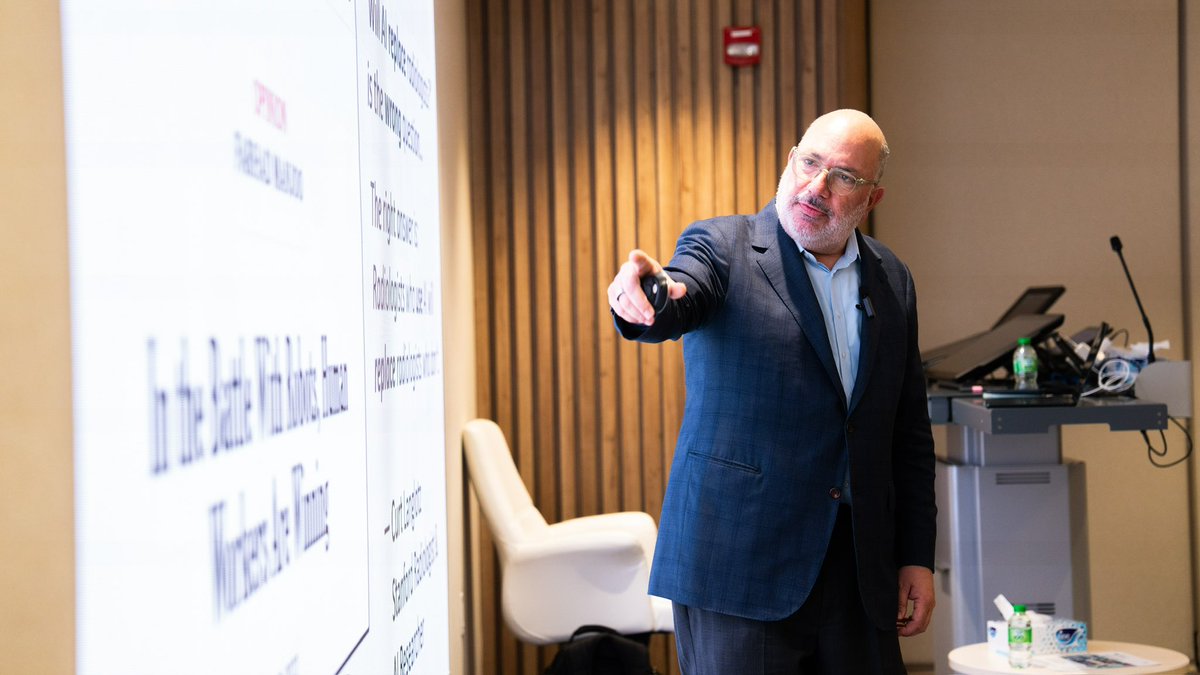





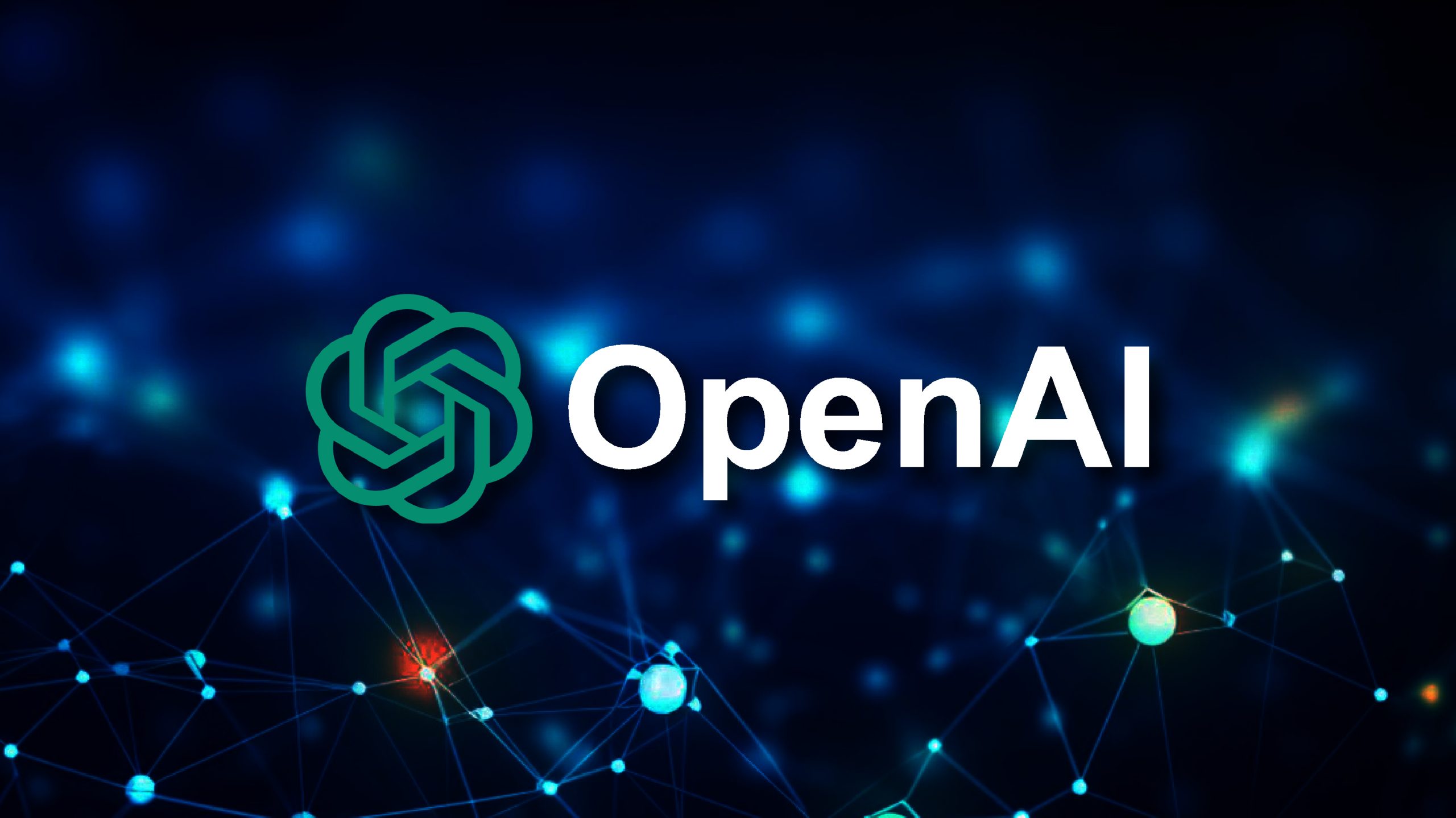



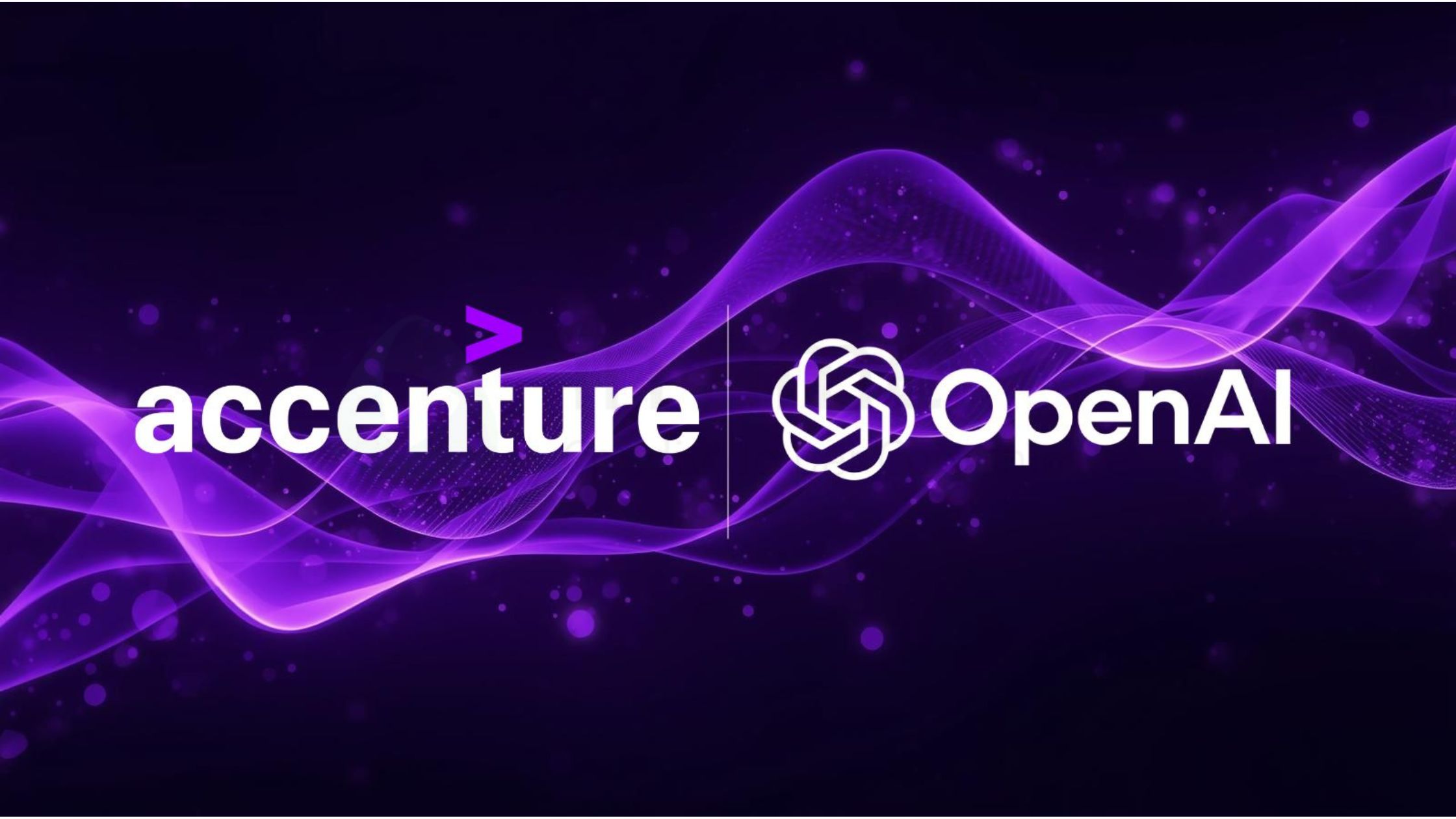











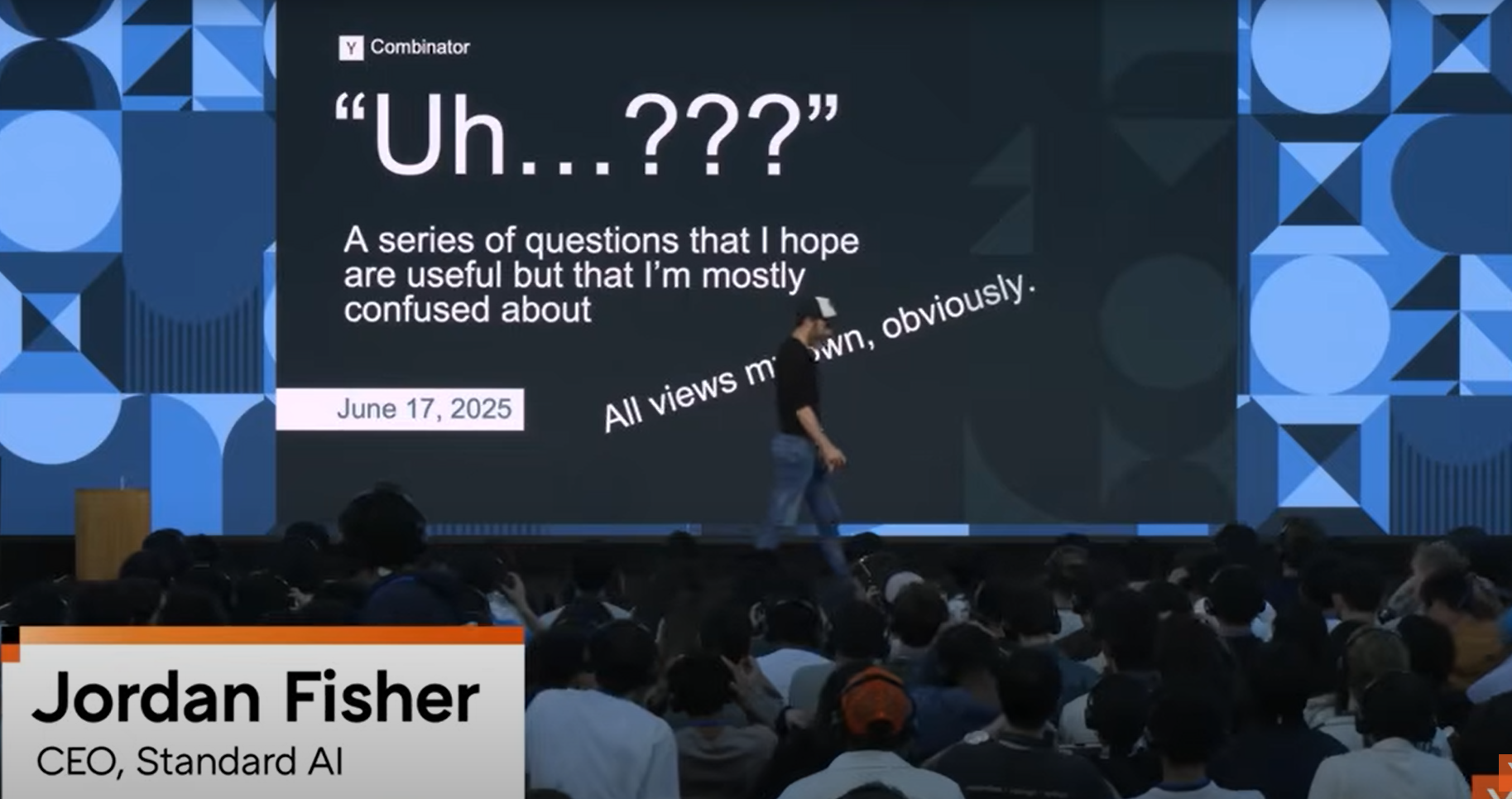




















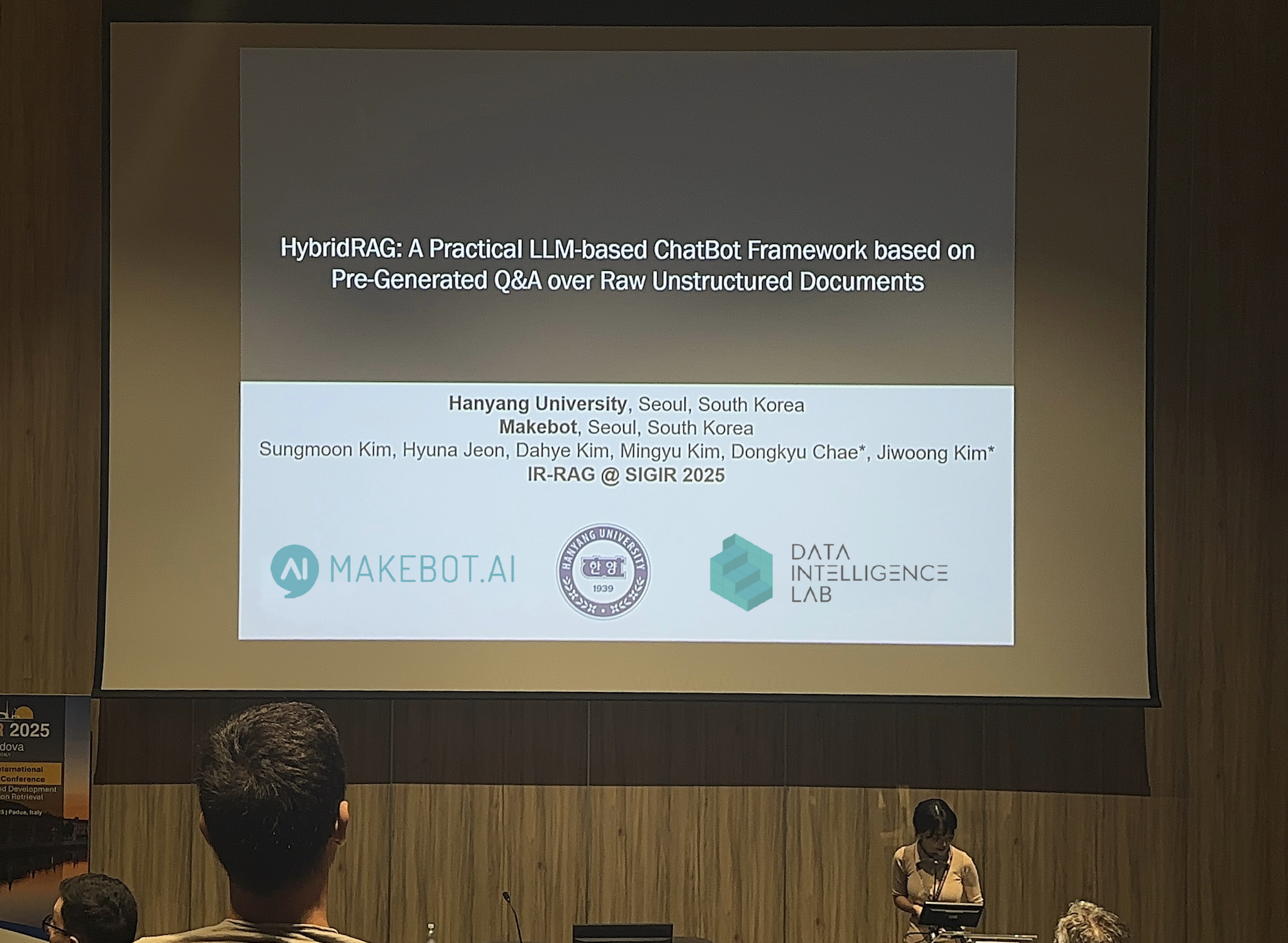








_2.png)


















.jpg)



















